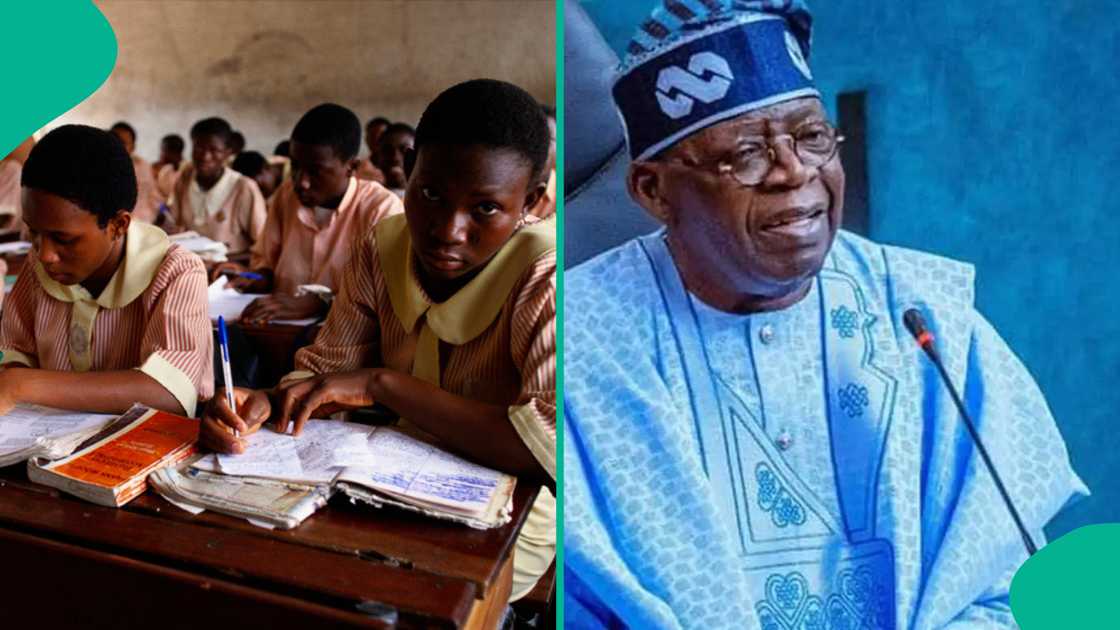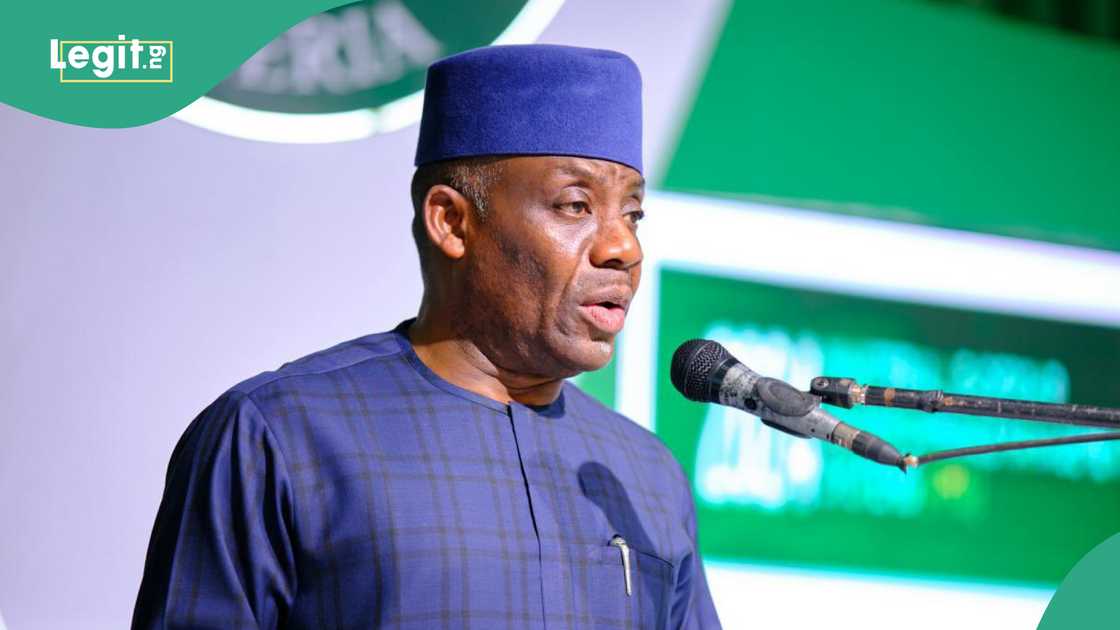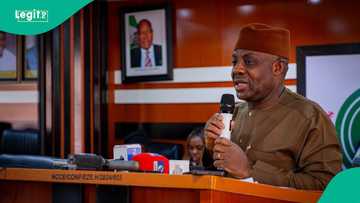History Included in New Curriculum Introduced by FG, Made Compulsory Subject
- The Federal Government of Nigeria has unveiled a streamlined national curriculum set to launch in the 2025/26 academic year
- History will now be taught as a compulsory subject from Primary 1 through Junior Secondary School 3, marking a major shift in education policy
- The reform aims to reduce subject overload and promote deeper learning across all levels of schooling
The Federal Government of Nigeria has introduced a revised national curriculum set to take effect from the 2025/26 academic year.
Under the new framework, History has been reinstated as a compulsory subject for pupils from Primary 1 through Junior Secondary School 3 (JSS 3).

Source: Getty Images
Officials confirmed that the curriculum overhaul would streamline the number of subjects taught across primary, junior secondary, senior secondary, and technical education pathways.
The move, they said, was designed to foster deeper learning and reduce the cognitive burden on students.
Education stakeholders have welcomed the decision to prioritise History, describing it as a vital step toward strengthening national identity and civic understanding among young Nigerians.
By embedding History into the early stages of formal education, the government aims to ensure that students gain a foundational grasp of Nigeria’s past, its cultural heritage, and the evolution of its institutions.
The Federal Ministry of Education stated that the revised curriculum would be implemented nationwide, with training and resources provided to support teachers in delivering the new content effectively.
The ministry also noted that the changes were informed by extensive consultations with educators, curriculum experts, and policy makers.

Source: Facebook
The inclusion of History as a core subject marks a significant shift in Nigeria’s education policy, following years of advocacy from historians, civil society groups, and academic institutions.
Many had previously criticised the marginalisation of History in schools, warning that its absence risked eroding collective memory and civic consciousness.
As the 2025/26 academic year approaches, schools across the country are expected to begin preparations for the rollout, including adjustments to timetables, teaching materials, and staff training.
The Federal Government has reiterated its commitment to ensuring a smooth transition and maintaining high standards of learning under the new curriculum.
Imaan Muhammad, an educationist based in Nigeria, reacted to the inclusion of history in new curriculum while speaking with Legit.ng:
“It is a great step. Making history compulsory help kids understand Nigeria's past identity. Cutting down subjects also means less stress, more focus. If teachers get proper training, this could really improve learning.”
Alausa hailed as FG launches new curriculum
Legit.ng earlier reported that the Minister of Education, Maruf Tunji Alausa, has been commended as Nigeria unveiled a sweeping overhaul of its national curriculum. The federal government has reduced the number of subjects schoolchildren study and introduced compulsory digital literacy and trade skills.
The new curriculum is to modernise education and reduce student burdens. Alausa said the reform would make learning “more focused and functional” by emphasising skills over memorisation.
In the words of one senior official who does not want their name disclosed, “this is about freeing children to learn meaningfully, freeing teachers to teach effectively, and freeing Nigeria to dream bigger."
The senior government official said for decades, Nigerian pupils have juggled 15 to 20 subjects, relying heavily on rote learning. Under the new system, set to begin in the 2025/26 academic session, the load will be cut to 9–10 subjects in lower primary, 10–12 in upper primary, 12–14 in junior secondary, and 8–9 in senior secondary schools.
Source: Legit.ng





